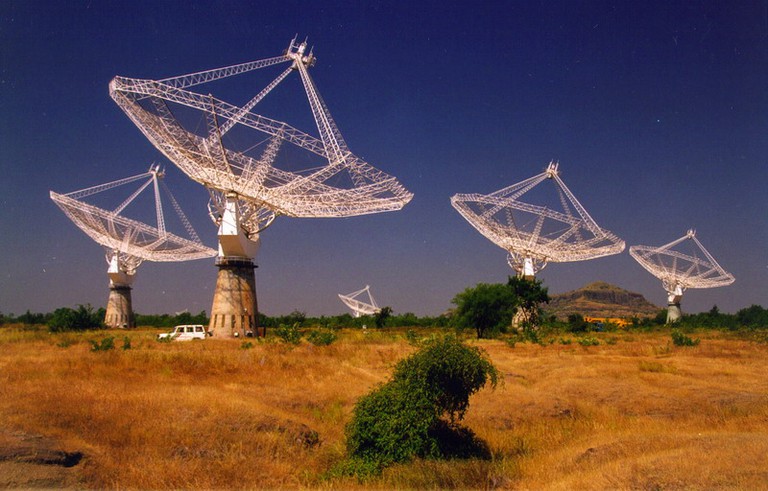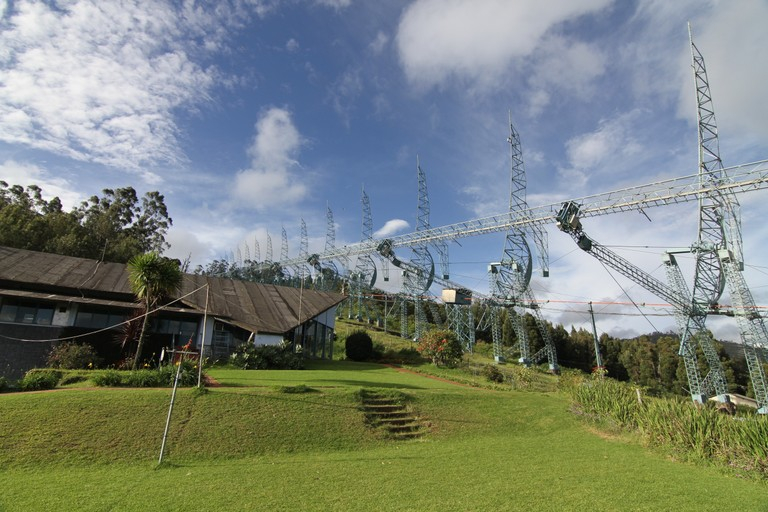
Prof. Govind Swarup
March 23, 1929 – September 7, 2020
Govind Swarup : The father of radio astronomy in India
With the passing of Prof. Govind Swarup on the evening of 7th September, 2020, TIFR has lost an iconic figure. A true pioneer, he jump started the country’s efforts in the nascent field of radio astronomy, and built facilities and institutions that have put India in the forefront on the global stage in radio astronomy. He leaves behind a legacy that we can be truly proud of. Govind Swarup was born in 1929 at Thakurdwara in U.P. He received an M.Sc. in Physics from the Allahabad University in 1950, (where K.S. Krishnan was an important influence), and a Ph.D from the Stanford University in 1961. He joined the Tata Institute of Fundamental Research (TIFR) in 1963, at the invitation Dr. Homi Jahangir Bhabha. The Radio Astronomy group he founded at TIFR was one of the first such groups anywhere in the world. His group quickly began building new facilities starting with a relatively modest radio telescope at Kalyan near Mumbai, but soon moving on to the the much more ambitious Ooty Radio Telescope (ORT). Prof. Swarup’s highly innovative design for the ORT (built between 1965 and 1970) allowed for the construction of a fully steerable, large telescope at a modest cost. The ORT is functional even today, having produced several cutting edge science results in a wide range of fields from the solar wind, pulsars, the diffuse interstellar medium, extra-galactic radio sources and cosmology. read more...
|
An Overview of the SKA-Low Telescope and Its Digital Signal Chain -Hariharan Krishnan (SKA Observatory, Jodrell Bank, UK) October 31, 2025 4:00 PM |
|
From Pulsars to Fast Radio Bursts: Statistical Signatures of Coherent Radio Emission -Pranav Limaye (Max Planck Institute for Radio Astronomy, Bonn, Germany) November 3, 2025 4:00 PM |
|
TBD -Ann Njeri (Newcastle University, UK) November 12, 2025 4:00 PM |
| Exploring Unusual High-frequency Eclipses in MSP J1908+2105 |
| Deciphering Profile Stability in Millisecond Pulsars |
| Observation and Modeling of Small Spatial Structures of Solar Radio Noise Storms Using the uGMRT |
| Globular Clusters GMRT Pulsar Search (GCGPS). I. Survey Description, Discovery and Timing of the First Pulsar in NGC6093 |



